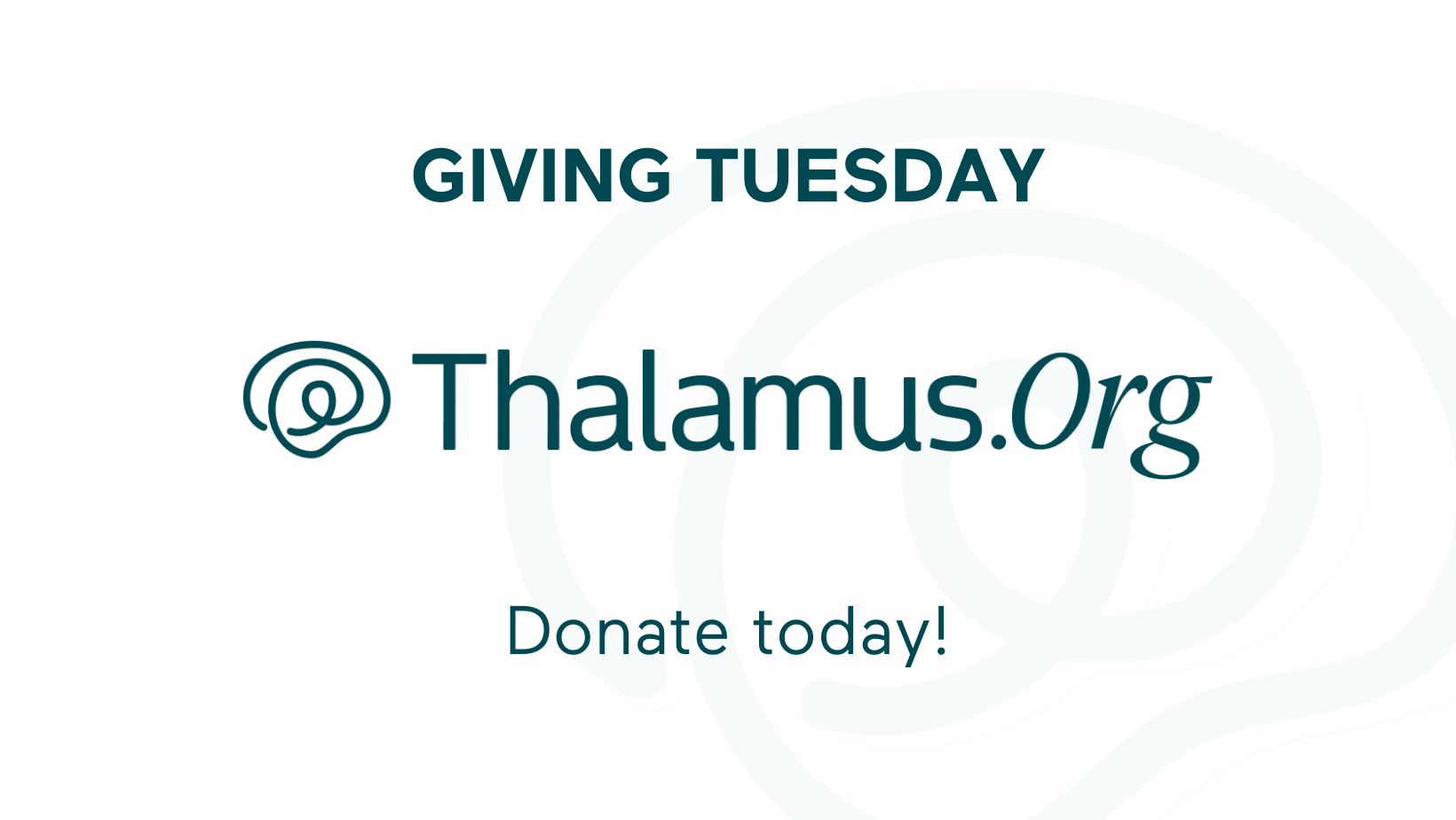Application Process
Representative Recruitment
Data & Analysis
ERAS
GME
IMG
Match Process
News
Partners
Press
Program Coordinators
Program Directors
Thalamus
Transition to Residency
Published on /
April 27, 2023
AAMC Thalamus Collaboration FAQ

On April 27, 2023, the AAMC and Thalamus announced a multi-year strategic collaboration to accelerate innovation and ease the transition to residency for medical students, medical schools, and residency programs. The following FAQs answer questions about this initiative and what it means for the graduate medical education (GME) and undergraduate medical education (UME) communities.
Last Updated: May 21, 2024
News & Press
Explore our latest insights and updates.

Partners
GME
Thalamus
December 2, 2025
This Giving Tuesday: Support Future Physicians Through Thalamus.Org
Read


Thalamus
October 29, 2025
Service Restored – Microsoft Azure Incident Impacting Thalamus
Read


GME
Data & Analysis
Product Releases
Methodology
October 16, 2025
A Community Update on Cortex Transcript Normalization: Accuracy, Transparency, and Our Continued Commitment to Applicants
Read








